Kodzi advocates for action amid rising recognition of historical injustices
When I was asked to write this article about my experience this summer, I could not help but think about whether my words will make a difference in our current socio-political climate, which has been overwhelmed with countless opinions, Instagram posts, viral videos, and news stories.
I hope you’re not tired of it. I hope you haven’t tuned it out. I hope you choose to read with fresh eyes and an open heart because, for some of us, there is no choice. This is our lives.
Summer 2020 has taught me several things. It’s not the ever-enduring fact that racial inequality is to American society like Command hooks are to string lights. It’s not the sad truth that some “didn’t know.”
This summer we saw racism surface in dramatic ways, and we saw activism rise up in new and powerful ways.
One thing became abundantly clear by the end of this summer. I’ll reword a quote from Remy from “Ratatouille”: “Anyone can be an activist.” In some way, shape, or form, everyone has the capacity to advocate for justice.
It is important to remember that activism looks different for different people. For some, it is having a conversation with their family members. For some, it is marching in a protest. For some, it is prioritizing their mental health after viewing another video of someone that looks like them being wrongfully murdered.
Another thing that I learned is that it is easy to get exhausted. The number of emails, calls, and meetings that were set up for Black Student Union (BSU) was overwhelming, to say the least. It made me wish that BSU would have gotten that same attention throughout the year.
Rollins College, it’s past time to ask yourself why.
Black people in America have been crying out their whole lives, but you only listen when we die. It seems like people only care when a video goes viral, but it takes more than a few viral moments to bring lasting change.
It takes more than a few popular tweets, reposts, or donations to bring lasting change. It takes more than a few conversations to bring about change. It takes more than a demonstration. It takes more than even this past summer, when anti-racism has become trendy and popular. It takes more than education. It takes more than watching a few Black documentaries. It takes more than one-time seminars, conferences, programs, songs, and arguments. It takes more than checking in with your Black friend a few times. It takes more than quoting Martin Luther King Jr. It takes more than going to a prayer meeting or attending a march or making a sign for a protest.
It is more than a moment. It is more than a movement. It must become your lifestyle. Your responsibility. Your revolution. Let this awareness affect your heart. Let that new heart affect your actions. Let those actions develop into a lifestyle dedicated to making this world better for those it has been cruel to for hundreds of years.
Racial injustice is the most enduring characteristic of American society. Systemic. Prolific. Entrenched in power, prejudice, and privilege. To fully understand the legacy of American racism is to travel a road soaked in 400-year-old tears and blood as new as this morning.
I have so much more to say, but I will leave you with 26 answers to the question I was most often asked this summer.
“What can I do?”
1.Say #BlackLivesMatter.
2. Learn how you can be a true ally.
3. Apologize to those you have hurt in the past.
4. Acknowledge your privilege.
5. Speak up for Black people when there are none in the room.
6. Talk to your children about race.
7. Read books that describe the minority experience.
8. Ignore party affiliations and focus on the deeper issues.
9. Believe Black people when they share their experiences.
10. March with Black people.
11. Ask how you can help only after you have Googled it.
12. Donate where you can.
13. Engage in uncomfortable conversations.
14. Stand up for justice.
15. Stop saying the N-word.
16. Stop staying silent when others do.
17. Come to Black events, if invited, with a spirit of unity.
18. Celebrate Black culture without appropriating it.
19. Be introspective.
20. Be honest with yourself.
21. Remember that you have the power to change your environment.
22. Remember that it is okay to start small, but it’s not okay to stay there.
23. Remember that it is okay to look for help when you are lost.
24. Remember that sharing videos and pictures is circulating trauma.
25. Remember that watching the things that make you uncomfortable makes you better equipped to be empathetic.
26. Do your part, own it, and share it with everyone you meet.
Rest In Peace Ahmaud Arbury, Breonna Taylor, and all others for whom justice came too late.

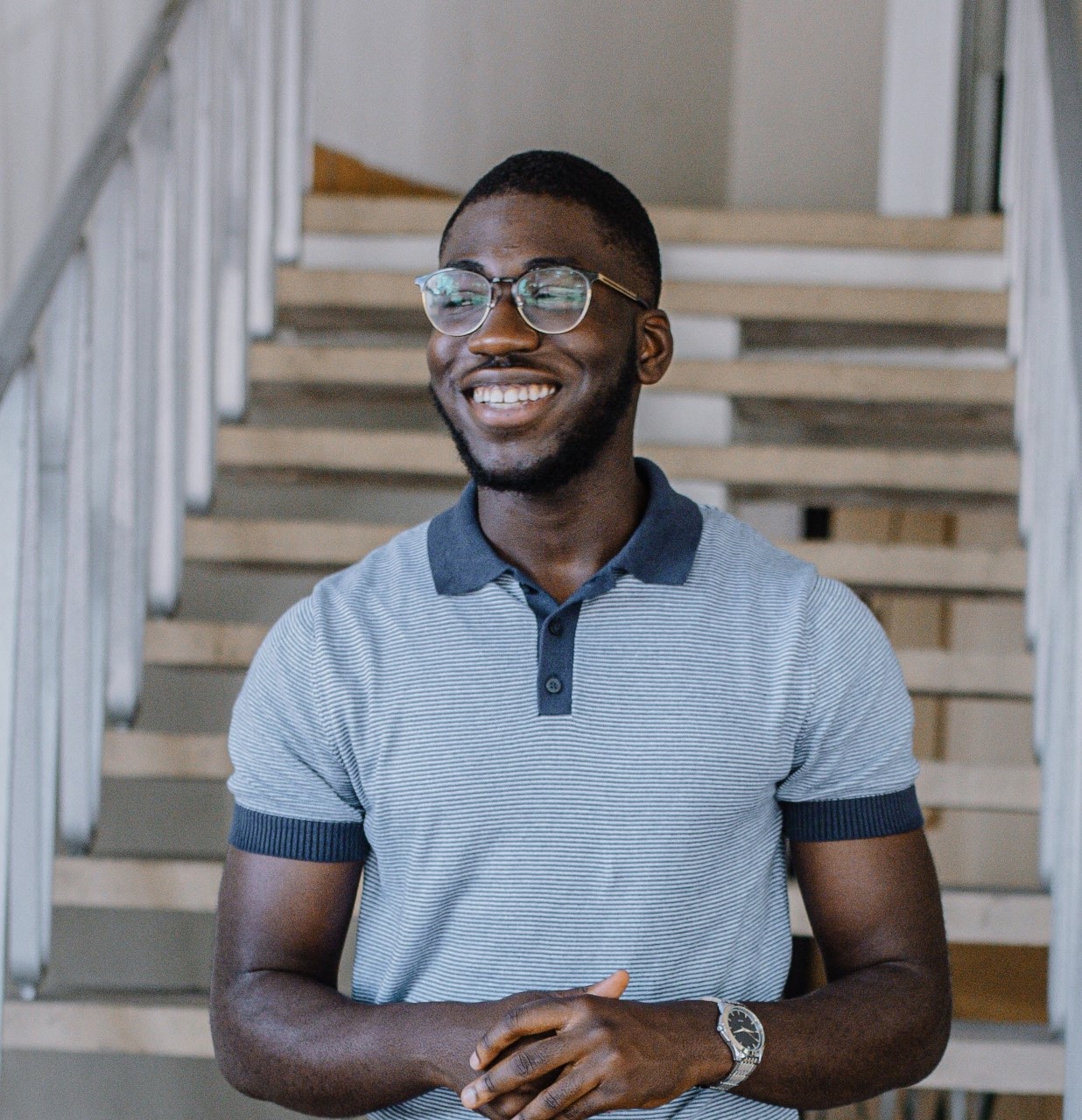
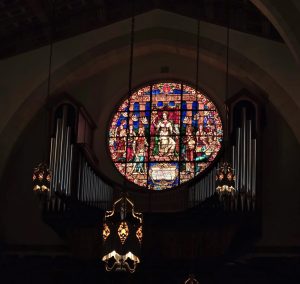
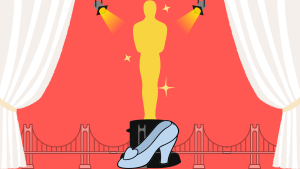
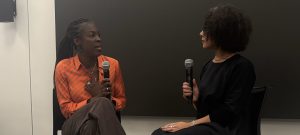
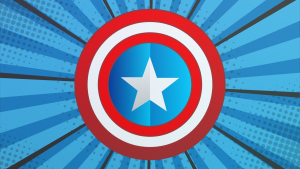
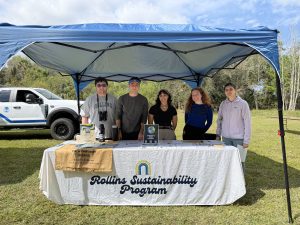
[…] summer, I wrote about unity. I wrote about optimism and justice and hope. This weekend I had no words left – on hope or […]